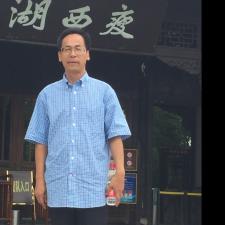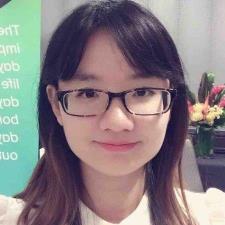
吃午饭了, should 了 be right after 吃?
2 Answers By Expert Tutors
Indeed, 了 is a very flexible particle word in Chinese. According to your question, I think it is a bit limit to your understand 了 which is 了is not only the meaning of the past tense but also the action completed. Look at the example:
我吃了饭。I had a meal.
我晚上吃了饭看电视。I watch TV after dinner( present tense)
我明天 吃了饭看电视。I will watch TV after dinner tomorrow.(future tense)
Back to your sentence, Why 你吃午饭了没有= 你吃了午饭没有?because 吃饭 is a kind of verb called seperatable verb instead of 吃verb+饭noun you mentioned. The rules of this kind of verbs is that you can put 了 between 吃 and 饭。other verbs like this:睡觉 打球 唱歌 跳舞...
About the sentence-end particle ,it will be like this 你吃了午饭了没有?the 2nd 了 in this sentence.

Yiran X. answered • 04/21/19
Experienced and super nice Mandarin Chinese tutor
Basically 你吃午饭了没有 has no difference with 你吃了午饭没有。we use both of them in life all the time.
了 is a word to describe something already been "done ".好了(done/finished ),够了(enough),没了(gone),吃了(eaten)
Still looking for help? Get the right answer, fast.
Get a free answer to a quick problem.
Most questions answered within 4 hours.
OR
Choose an expert and meet online. No packages or subscriptions, pay only for the time you need.






SHAOCHANG W.
04/16/19